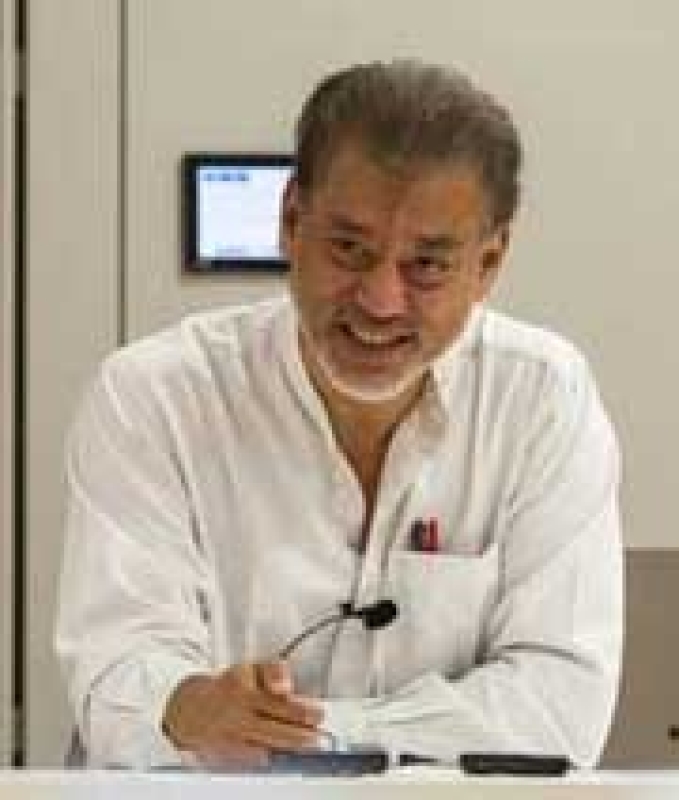- Tarique Calls for United Effort to Build a Safe Bangladesh |
- Tarique leaves for 300 feet area from airport |
- BNP top leaders welcome Tarique Rahman on homecoming |
- Flight carrying Tarique, family lands in Dhaka |
- Red bus with ‘Bangladesh first’ slogan ready at Dhaka airport for Tarique |
Trump’s Plan Seeks Global Payments to Boost US Economy

Jomo Kwame Sundaram
US President Trump’s economic strategy for a second term aims to compel the rest of the world—especially wealthy allies—to pay more to strengthen the US economy.
Recent US policies have accelerated de-dollarisation, though largely as unintended consequences of its own actions rather than through deliberate conspiracies by other nations.
De-dollarisation concerns
Harvard economist Kenneth Rogoff recently noted, “We are at the biggest inflection point in the global currency system since the Nixon shock ended the gold standard.”
After the 1944 Bretton Woods Conference, gold was pegged at $35 per ounce. In August 1971, President Richard Nixon ended this gold-dollar parity.
De-dollarisation has gradually continued since, with occasional spurts and reversals, including capital outflows following the 2008–09 global financial crisis. The growing weaponisation of economic relations has likely accelerated the trend. Rogoff observed, “This was happening for a decade before Trump. Trump is an accelerant.”
Governments, central banks, and BRICS countries have all been moving away from the dollar. Even advocates of US dollar hegemony now acknowledge alternatives as the global reserve currency. Meanwhile, private investors, including asset managers, investment banks, and pension funds, are increasingly ‘de-risking’ by cutting exposure to dollar-denominated assets.
The Mar-a-Lago plan
Economist Stephen Miran has proposed a new Trump initiative requiring other governments to pay the US for services it purportedly provides. Appointed chair of Trump’s Council of Economic Advisers, Miran now serves on the US Federal Reserve Board.
Following Trump’s Liberation Day tariffs on April 2, Miran outlined expectations for allies to pay more for the US ‘security umbrella’ provided through NATO and for the privilege of buying Treasury bonds. In November 2024, Miran released A User’s Guide to Restructuring the Global Trading System, proposing the Mar-a-Lago accord, named after Trump’s Florida resort.
Miran also referenced the 1985 Plaza Accord, in which the Reagan administration forced Japan and Germany to appreciate their currencies against the dollar. The yen’s rise caused an asset price bubble that collapsed in 1989. Trump’s plan seeks similar currency appreciation from other major allies, though China and other BRICS economies are unlikely to comply.
Century bonds
Miran proposes issuing 100-year US Treasury bonds at very low interest rates, compelling foreign holders to refinance short-term debt with long-term borrowing. Low interest rates on century bonds would effectively make foreign bondholders pay more for the ‘privilege’ of holding US debt.
By encouraging other currencies to appreciate against the dollar, the plan aims to make US exports more competitive, strengthening domestic manufacturing. While not official US policy, the Mar-a-Lago plan could gain traction if Miran is appointed Fed chair, succeeding Jerome Powell.
BRICS and de-dollarisation
Trump’s strategy to depreciate the dollar has also accelerated de-dollarisation globally. While some BRICS nations are accused of attempting to reduce dollar dependence, their motivations vary. Brazil and South Africa, lacking trade surpluses, have long advocated de-dollarisation, whereas Russia cites NATO’s weaponisation of financial instruments. Other BRICS countries show little enthusiasm, and recent BRICS expansion makes coordinated de-dollarisation unlikely.
Trump’s strategy relies on cultivating the perception among Americans that the rest of the world is acting against US interests.

